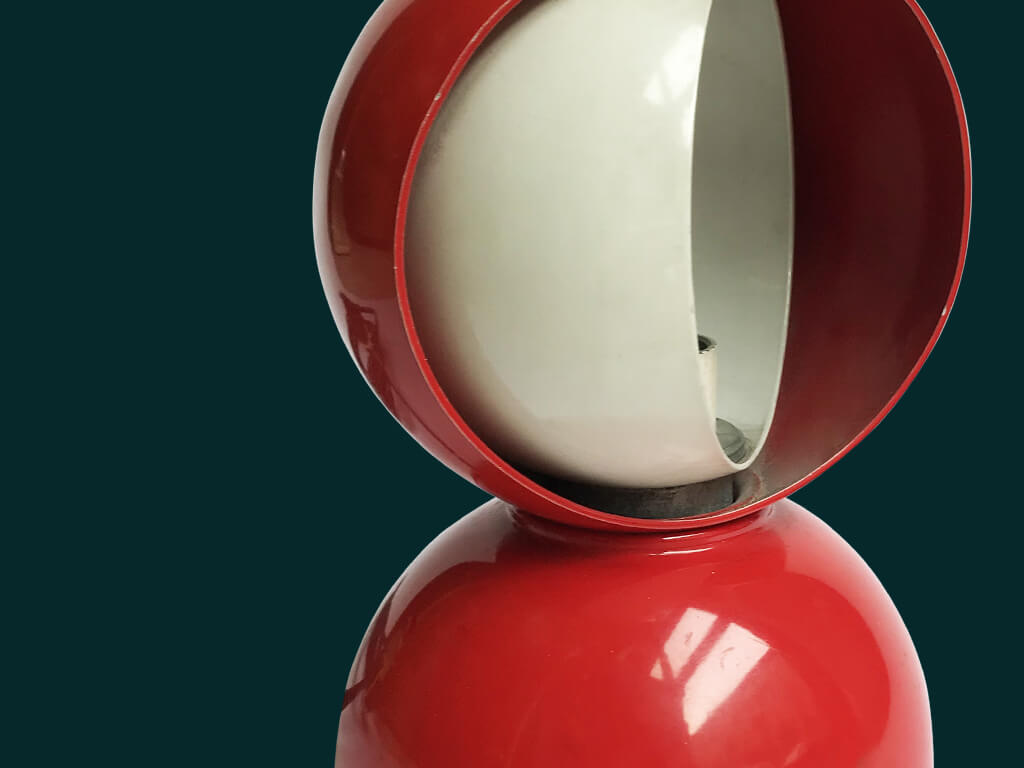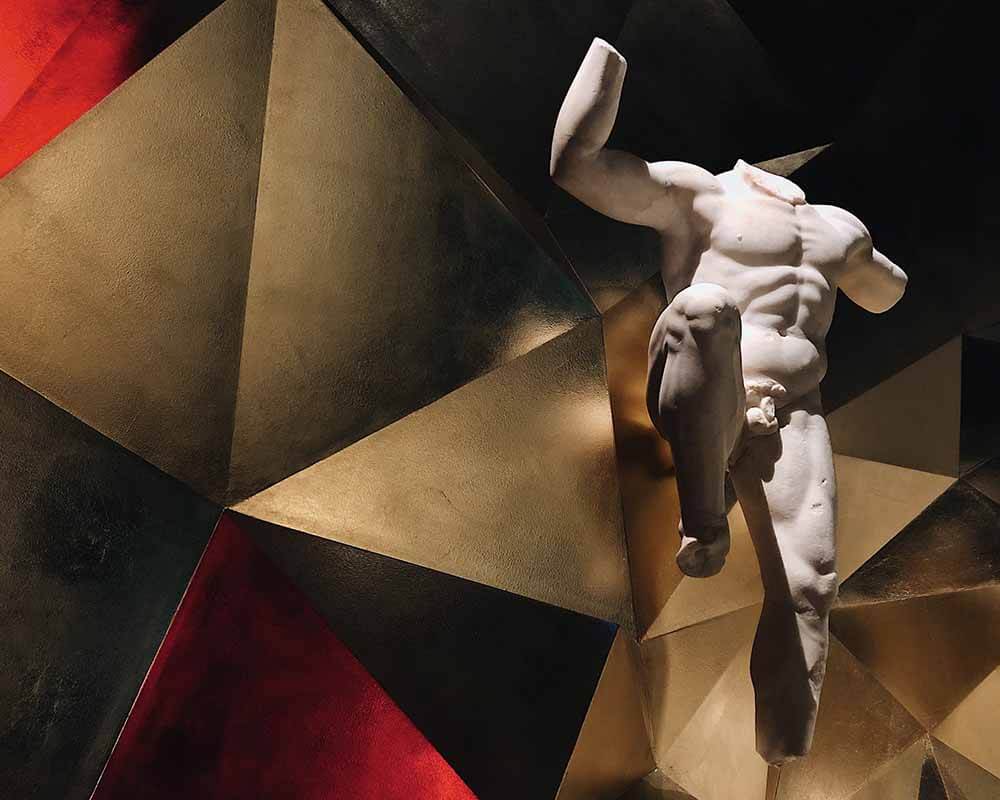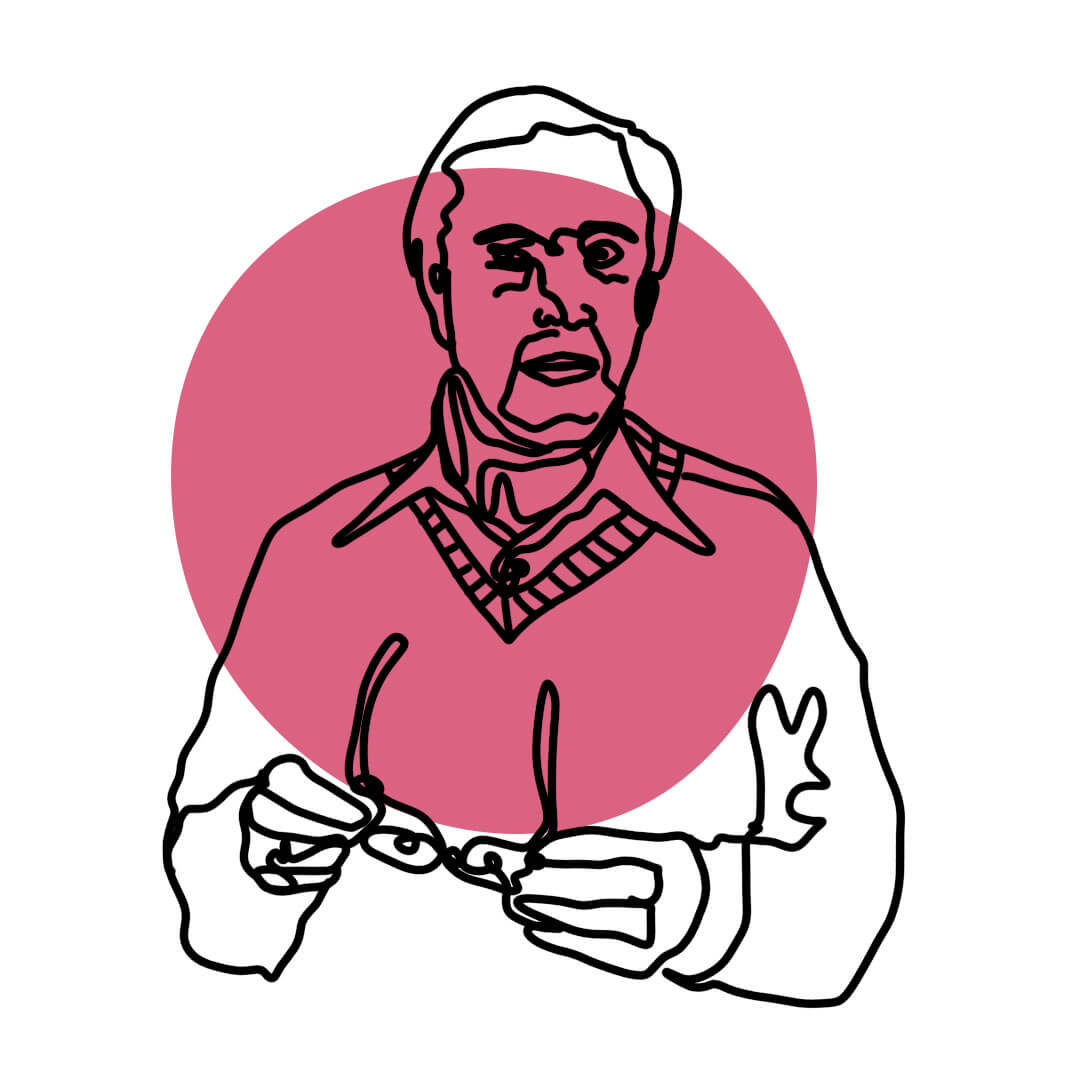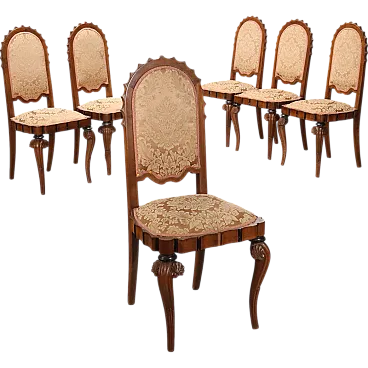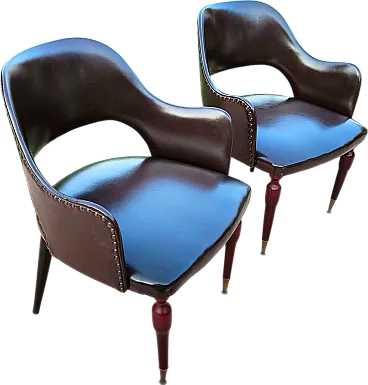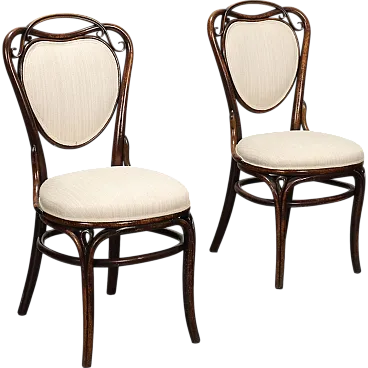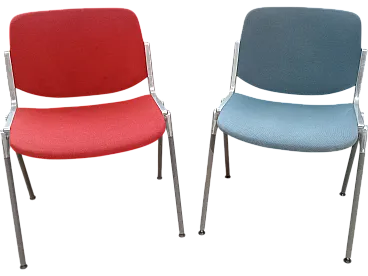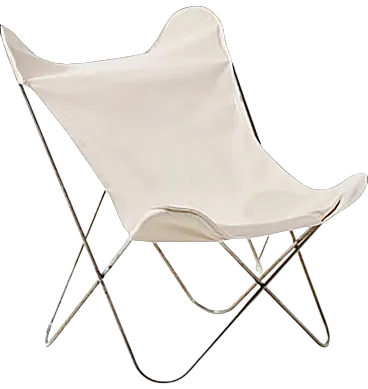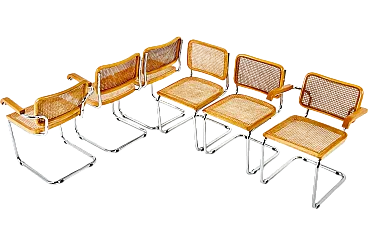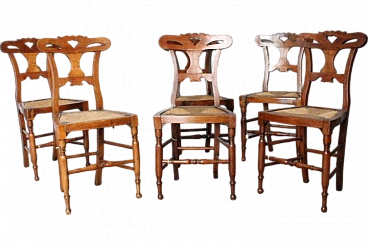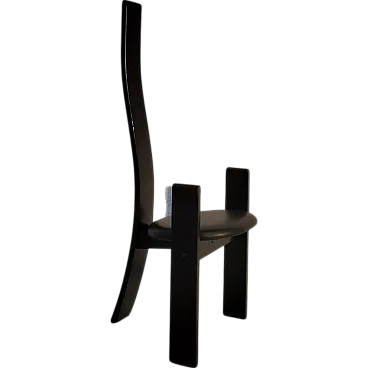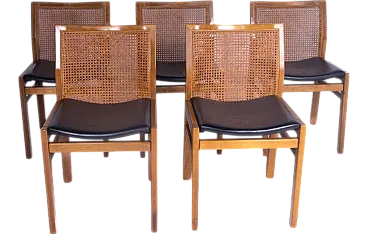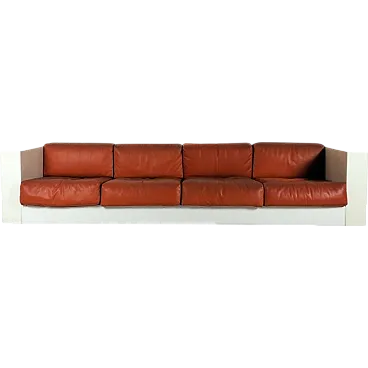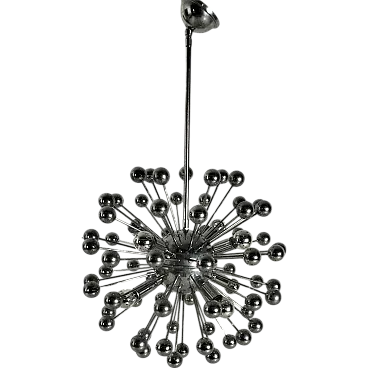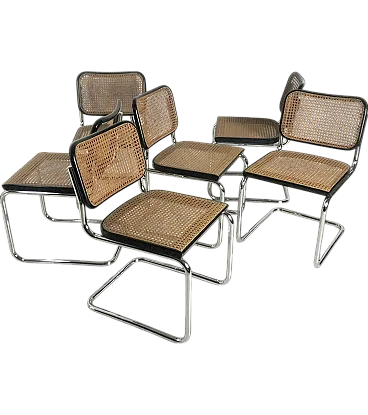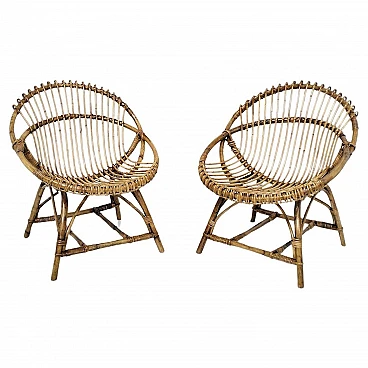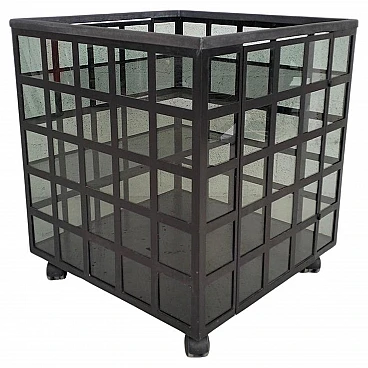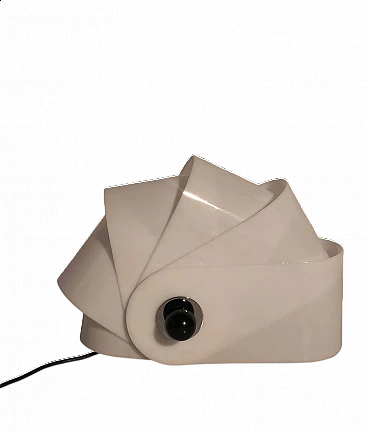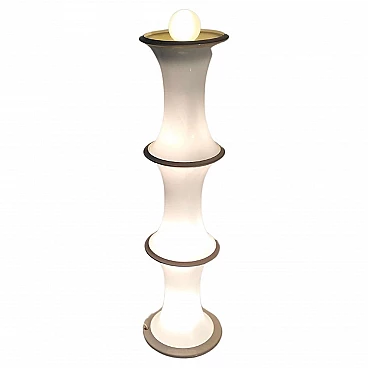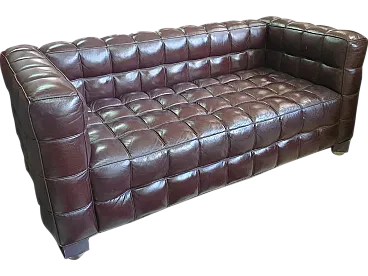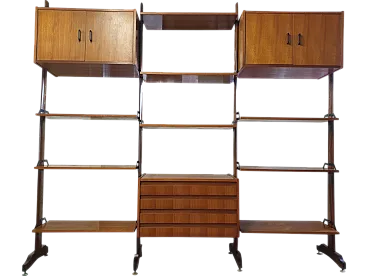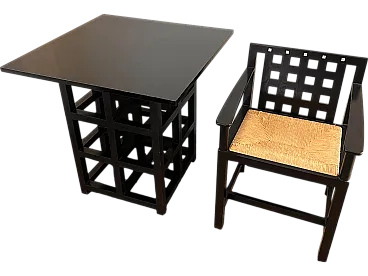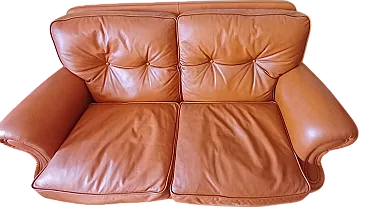The almost comical appearance, soft curves and compact proportions of Carlo Bartoli's 4875 chair are very reminiscent of two famous previous Kartell models, the 1960 stackable children's chair by Marco Zanuso and Richard Sapper and Joe Colombo's 1965 Model 4867.
However, unlike both previous chairs, which were molded from ABS, the 4875 was made from polypropylene, a recently discovered plastic.
While ABS had given previous chairs the same glossy appearance given by the mold, polypropylene was a more versatile, sturdier plastic, had engineering qualities and was much less expensive.
When the 4875 chair went into production in 1974, it was immediately one of the cheapest chairs of its kind released on the market.
During a chance meeting with Kartell founder Giulio Castelli, Carlo Bartoli had expressed his desire to work and experiment with plastic.
Castelli invited him to pursue his interest at Kartell and Bartoli began to meticulously study the structure of Colombo, Zanuso and Sapper chairs. He used the same single-body structure that incorporated the seat and backrest, obtained in a single mold together with the four leg slots. The four cylindrical legs were then printed separately.
Luckily for him, during the two years it took him to study and develop this design, polypropylene was invented.
Kartell was able to exploit this extraordinary progress in the plastic technology sector and decided to produce the 4875 chair in this new material, adding small ribs under the seat to strengthen the leg joints, due to the lower rigidity of polypropylene.
By the 1970s, plastic was no longer in fashion, so the 4875 chair never achieved the same status as previous chairs produced by Kartell.
While his first successes had in fact reflected the economic boom of the 1960s, in which optimism and experimentation were rampant and synthetic materials and bright colors were appreciated, on the contrary the 1973 oil crisis and the resulting shortage of petroleum-derived products led to a darker vision and economic concerns that suddenly rose to the rank of real priorities.
Nonetheless, the 4875 chair became an immediate bestseller and was also awarded the Compasso d'Oro.
Carlo Bartoli (Milan, 28 June 1931 – Monza, 8 August 2020) was an Italian architect and designer.
Author of numerous projects such as the Gaia armchair, included in the permanent design collection of the MoMA in New York and the Design Museum of the Triennale in Milan, and the 4875 chair for Kartell, the first in the world made of polypropylene, as well as part of the design collection of the Center Pompidou in Paris.
Kartell is an Italian company founded in 1949 in Noviglio, in the metropolitan city of Milan, in the hamlet of Santa Corinna, which produces furniture and objects of refined industrial design in plastic.
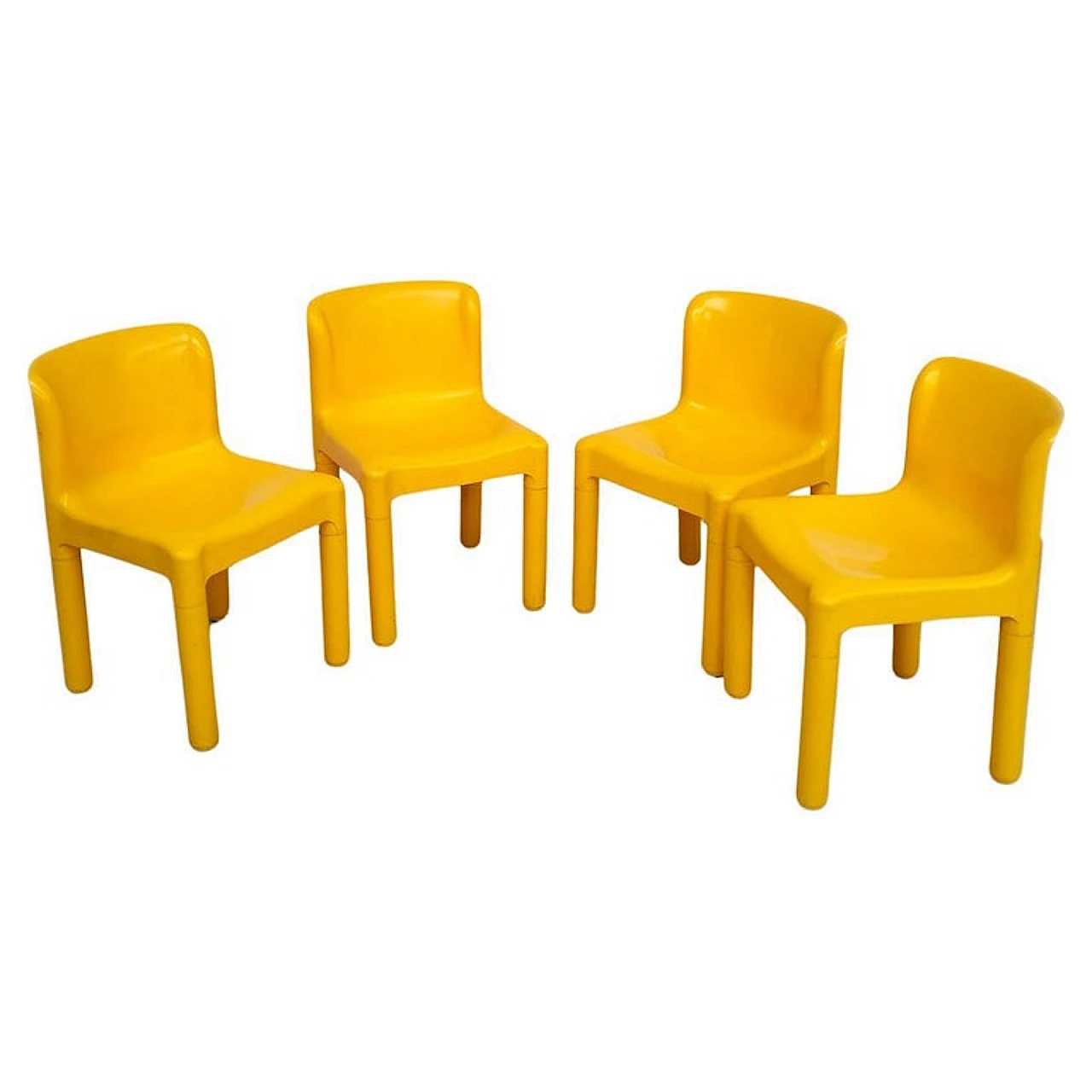
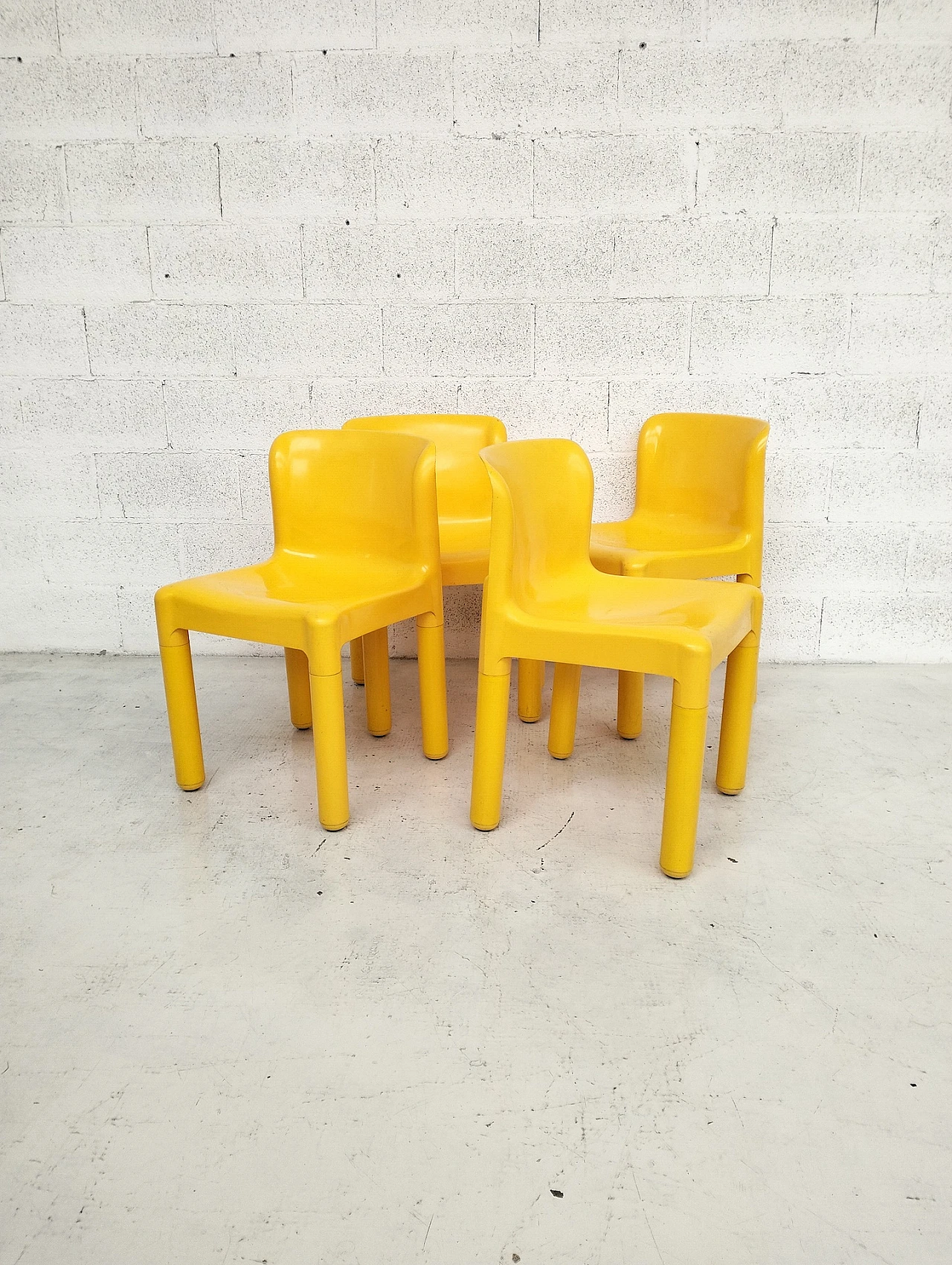
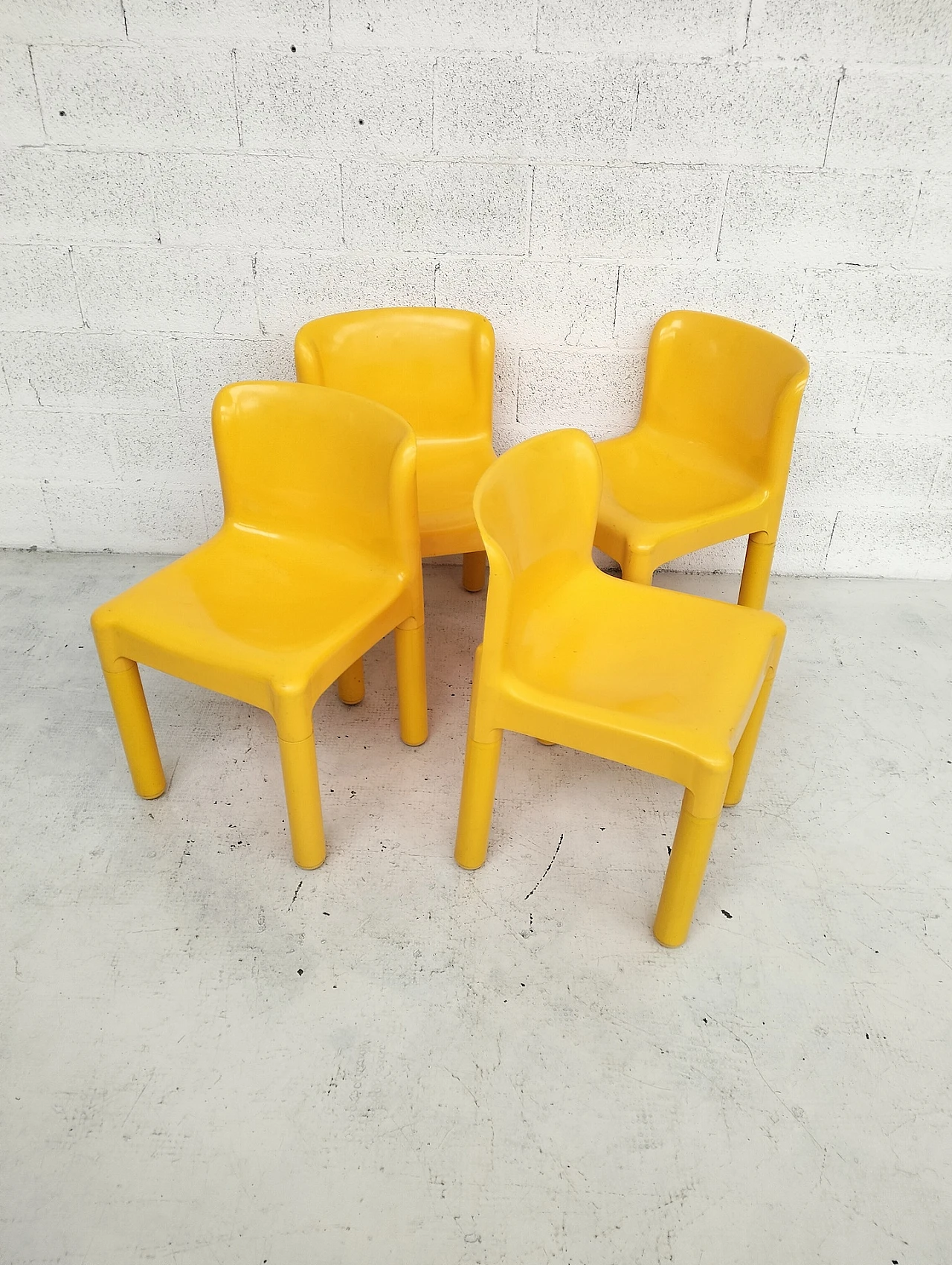
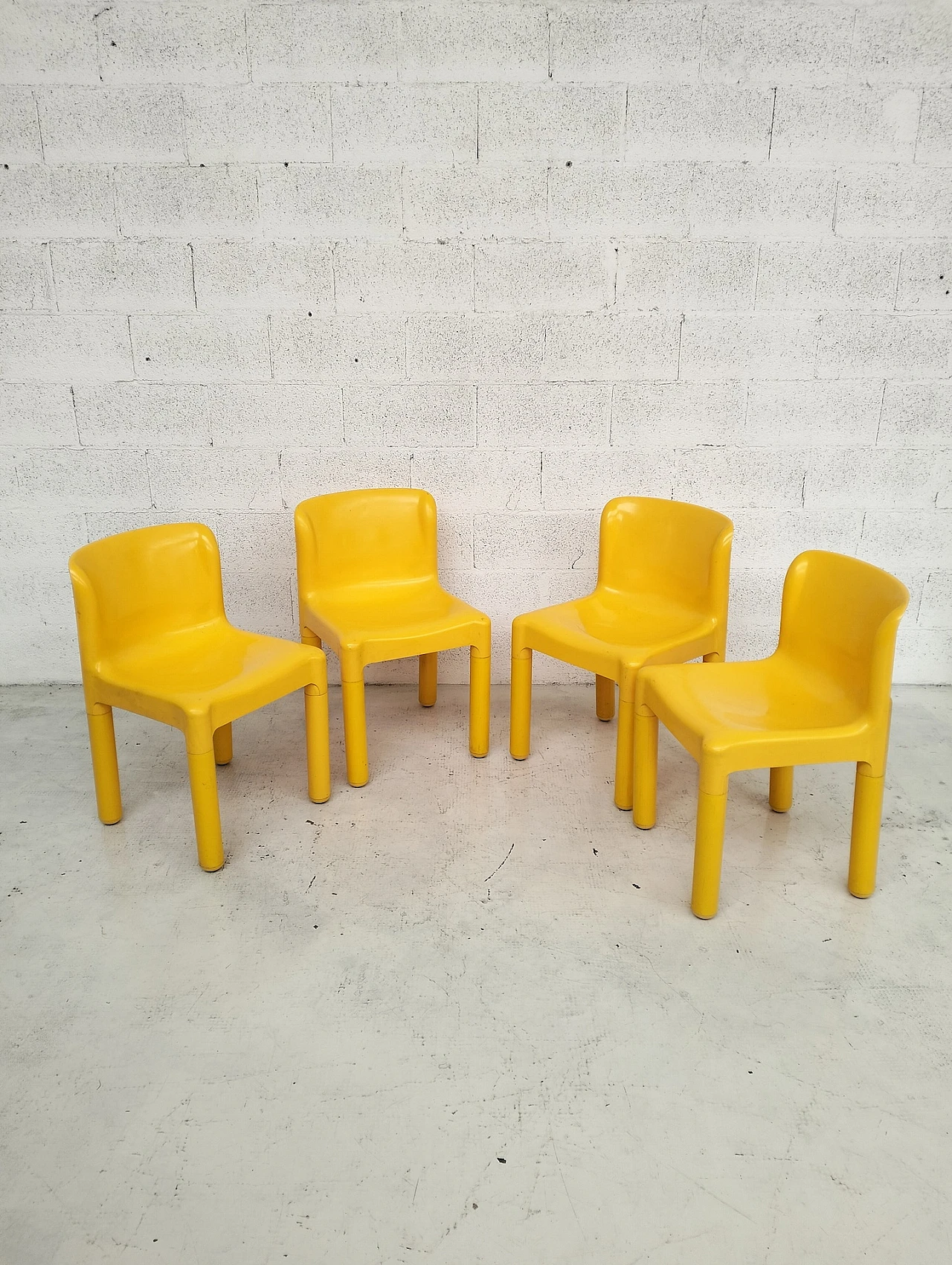
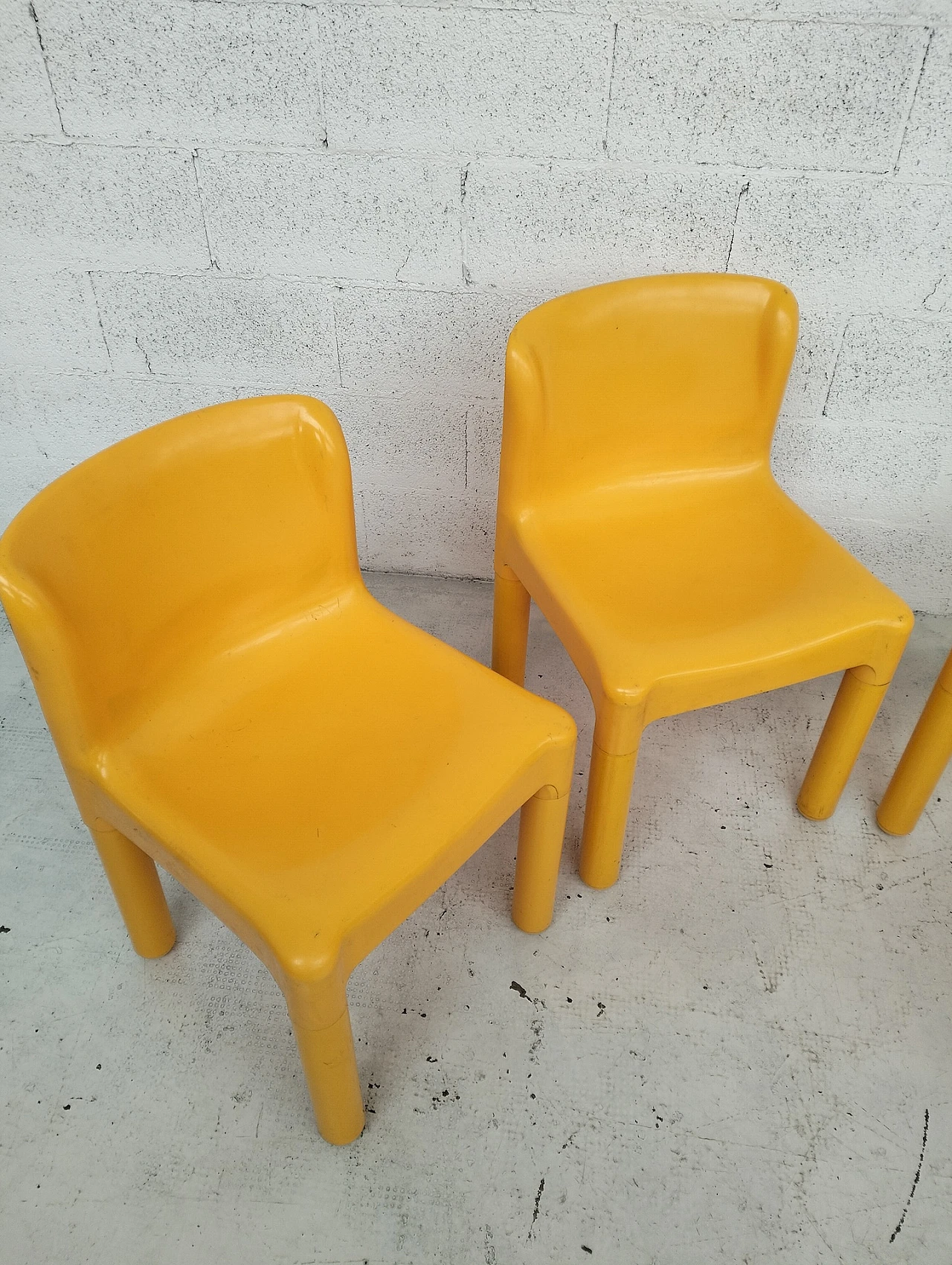
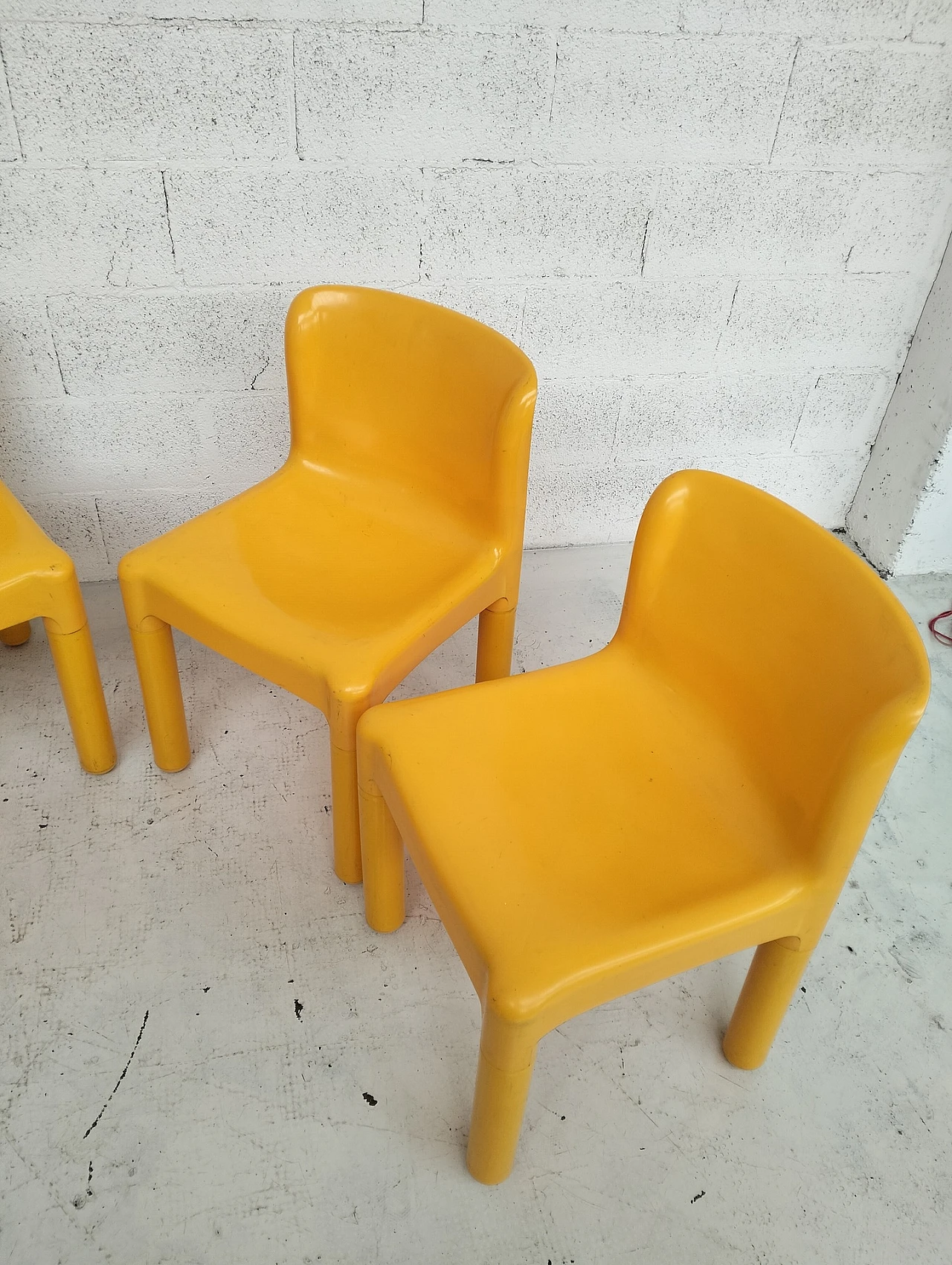
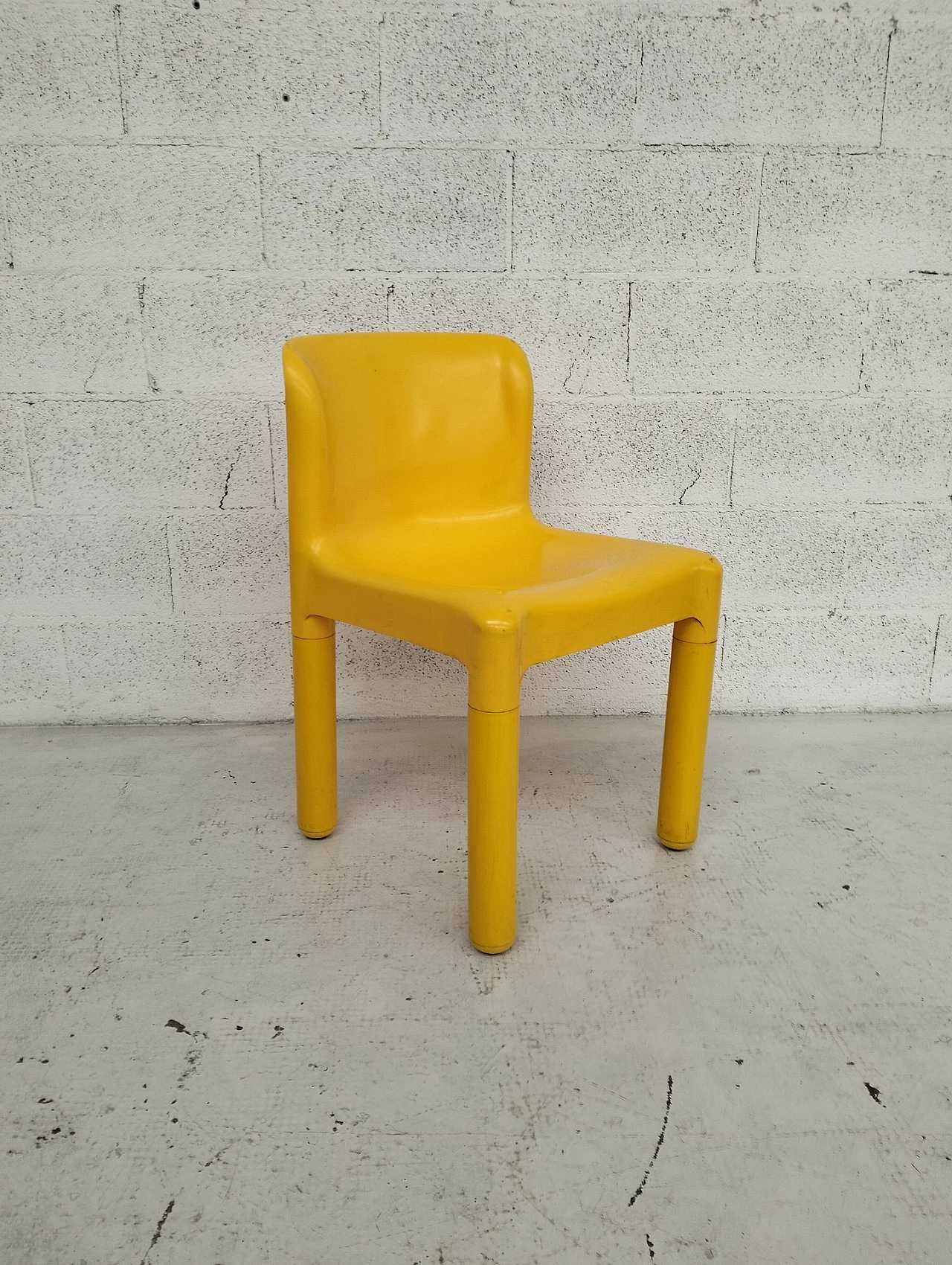
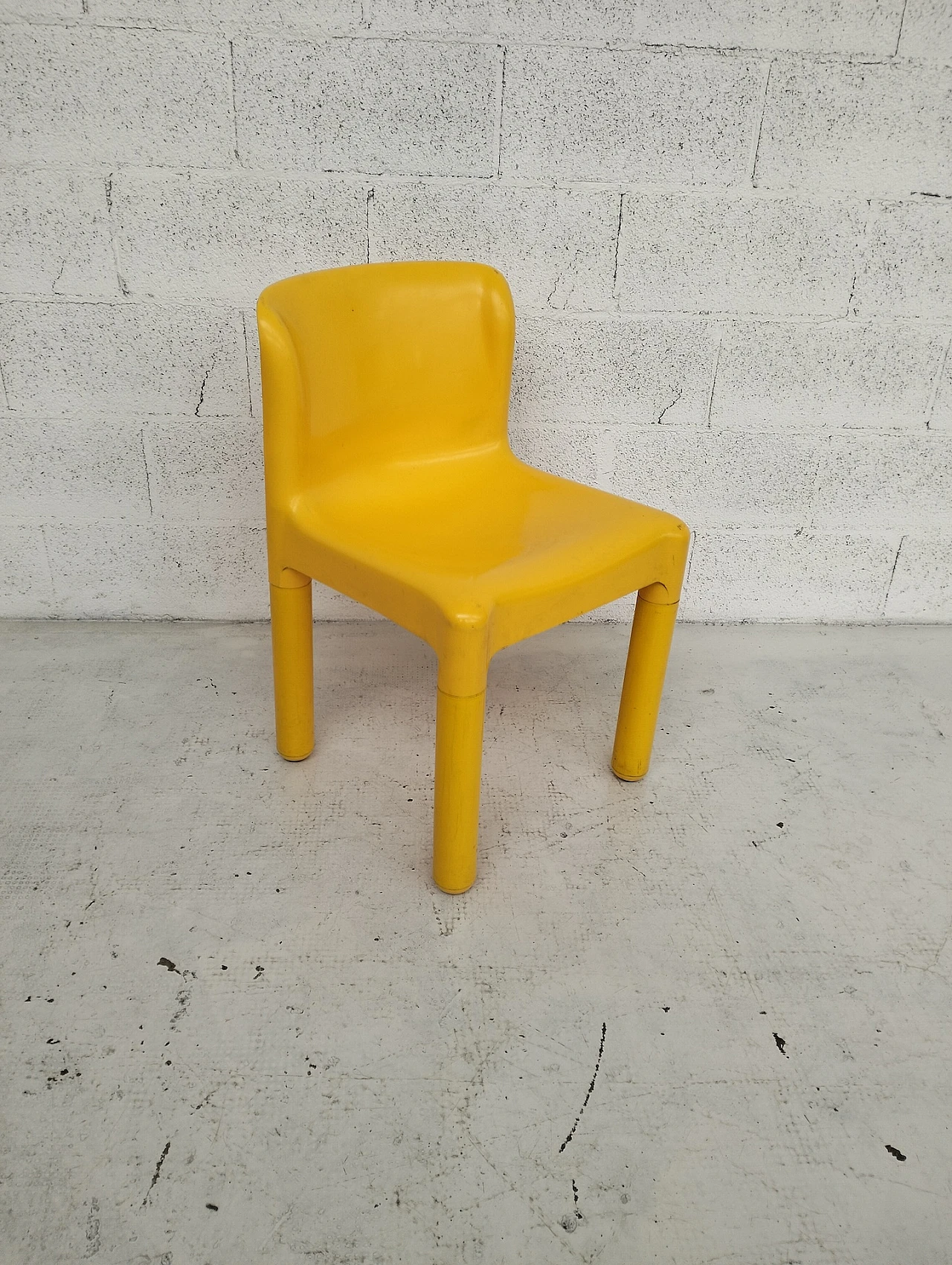
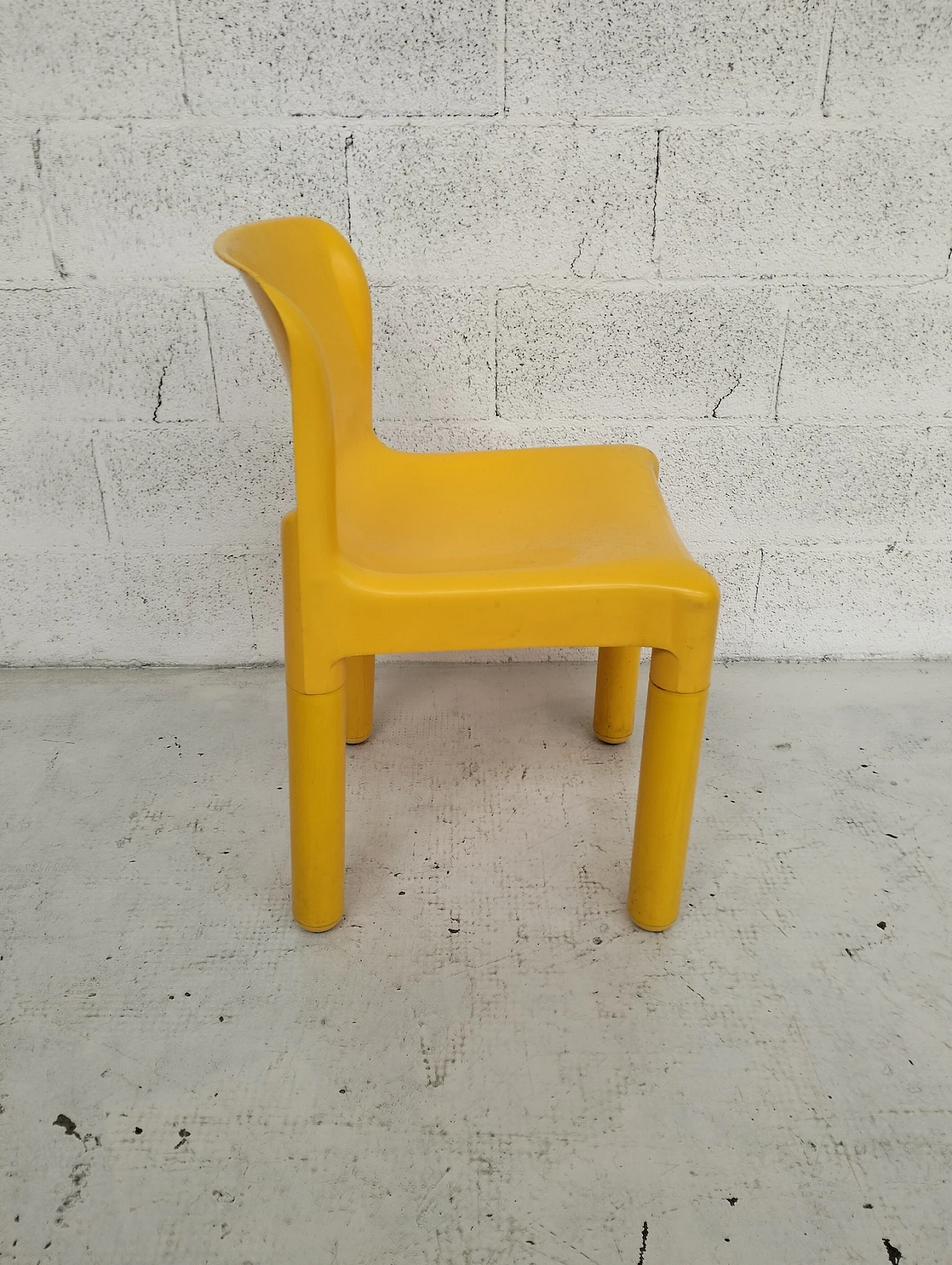
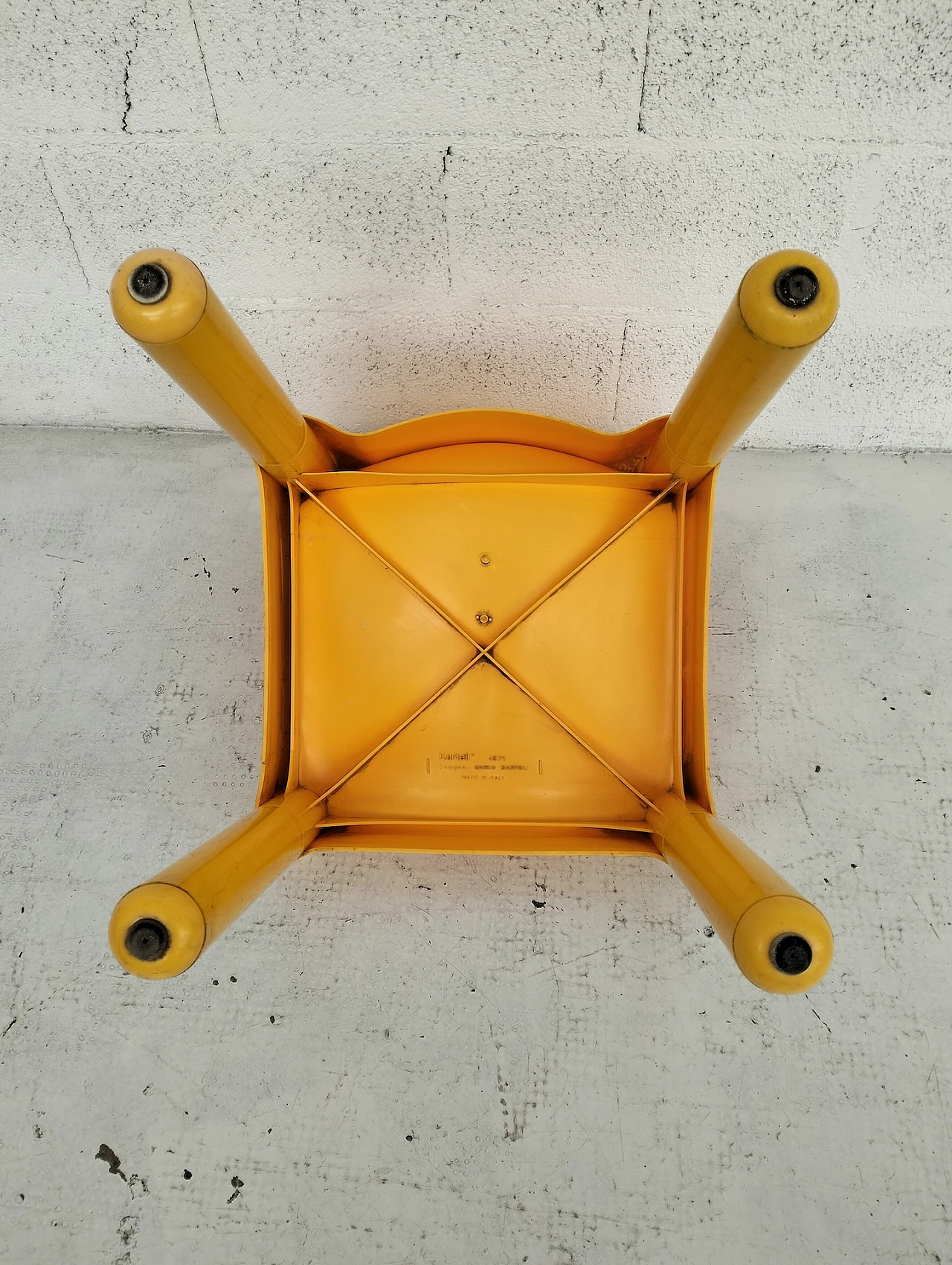
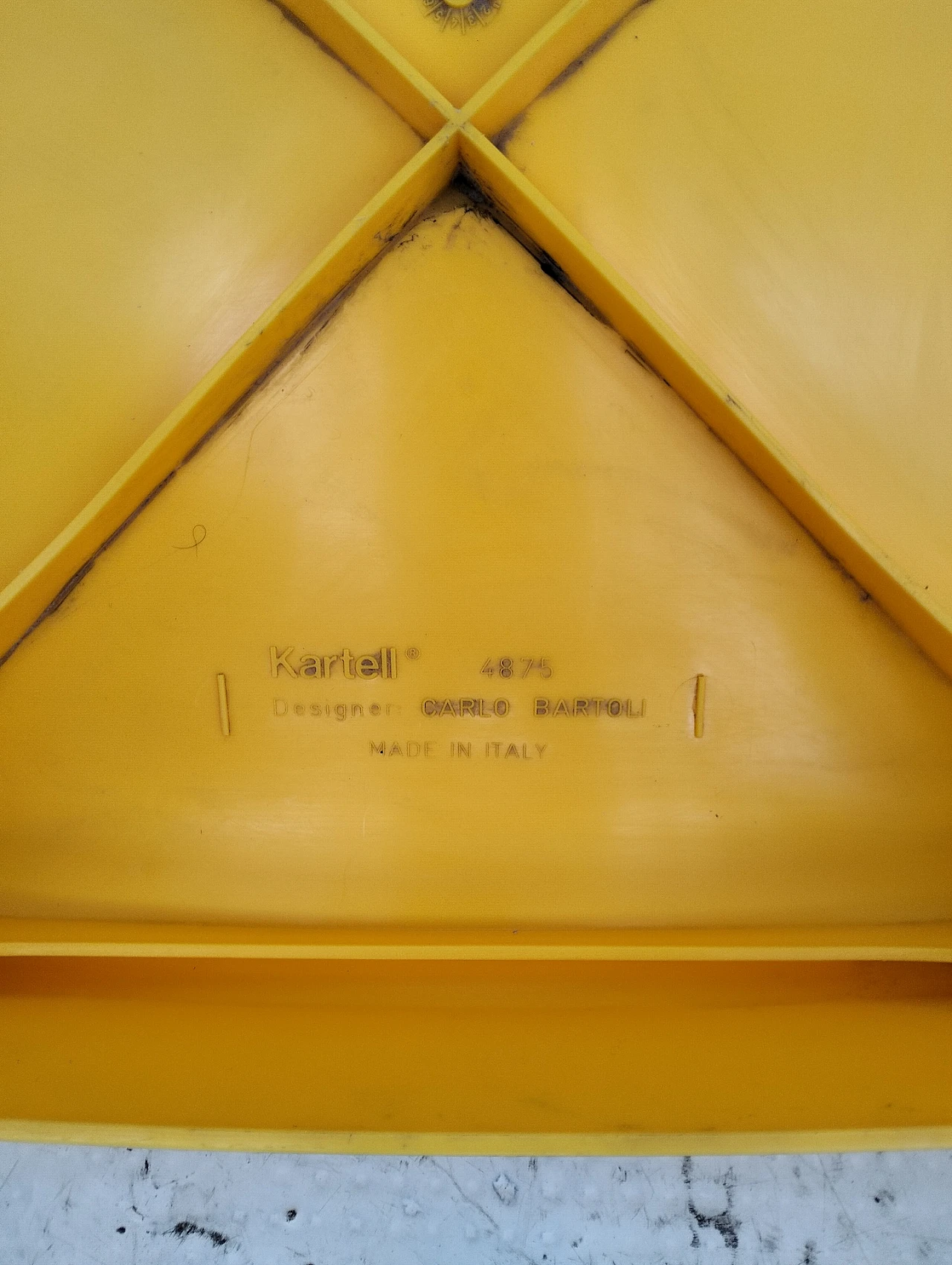
 SILVER Seller in Padova, Italy
SILVER Seller in Padova, Italy
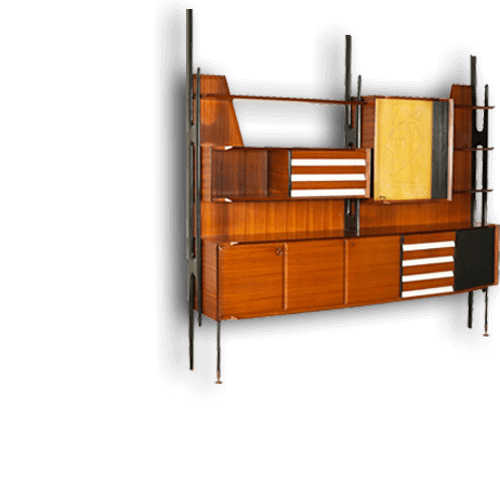
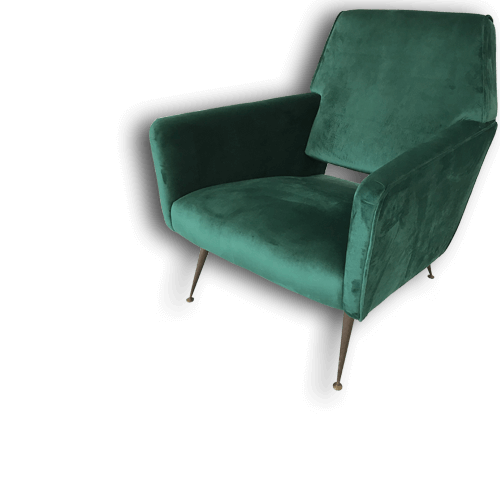



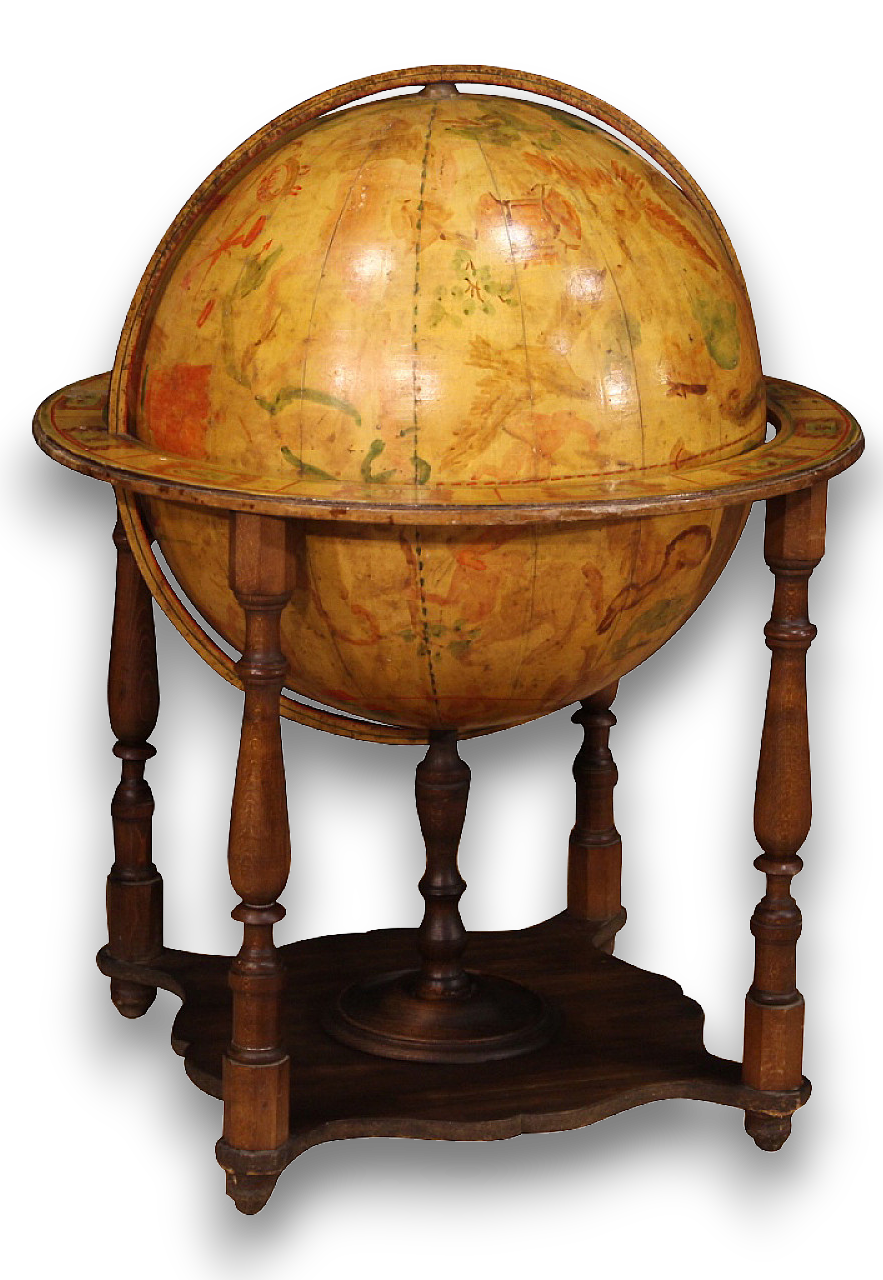
.png)

